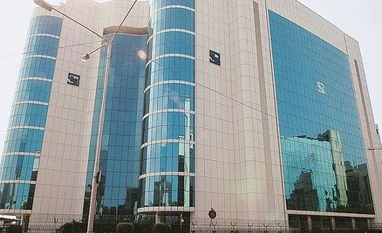The Securities and Exchange Board of India (Sebi) is finalising norms for allowing options trade in commodities. The decision is expected to be announced in a couple of weeks. To finalise basic issues, one more meeting of committee of its commodity market advisory committee is likely.
Sources say Sebi wishes to have options shall be in sync with futures trade, and as futures contract sellers have a choice of giving delivery on settlement, this should also apply for commodity options. Recently, some stock market participant members had suggested cash settlement in options. Sources say this has not found favour with many members at committee meetings.
Many in the Sebi committee fell that in the absence of traditional institutional players in commodity derivatives, such as banks, financial institutions and specially foreign portfolio investors (who usually act as options sellers and take the most risks), commodity options should have delivery-based settlement.
As with stocks, options in commodities will be of two types, put and call; European options will be allowed. These have fixed settlement and are usually in sync with settlements of futures in stock exchanges where European options are followed. There are also American options, where settlement happens any time during the options expiry. This is not considered suitable in India.
Sebi present wishes to allow options only in one commodity in the agricultural segment and one in the non-agri one. The challenge will be to generate liquidity and ensure smooth settlement, as commodities have been volatile. Stock exchanges have been invited as having operational knowledge on options as a product.
Settlement of options on delivery will help, says one of the participants at Sebi meetings, bring more sellers or writers of options like manufacturers, processors of agri commodities and so on.
Also Read
Experts also suggest other measures be taken to achieve the increasing of hedging by farmers. This includes allowing banks to act as aggregators. Meaning that banks which have financed farmers against their produce shall hedge all the risk of price movements on the commodity derivatives platform but by aggregating all positions. Individual farmers can’t manage small hedging directly but banks can.
State agriculture marketing federations also act as market intervention agencies, while dealing with farmers directly. Most states have such agencies. According to sources, a leading agri commodity bourse, the National Commodity and Derivatives Exchange, is in talks with the Maharashtra government to allow the latter's state marketing federation or other body dealing with farmers to act as an aggregator on its platform to hedge. The state agriculture department is said to be considering this proposal.
)